Last year was a tough year for travelling, but things seem to be opening up again for travel, so we decided to share with you our previous adventures to the island of Aruba. We stayed at the Renaissance Aruba Resort in Oranjestad, where you can swim, hang out with and feed the friendly pink flamingos. An unbelievable experience.
My wife is crazy about flamingos, so I thought I’d surprise her with a visit to a very special place. This private hotel resort island belongs to the Renaissance Aruba Resort in Oranjestad.
When I first started doing research for our trip to Aruba, I looked through countless photos on Pinterest, instagram and google to try and find the perfect locations to explore and photograph (besides the flamingos). Aruba surprised me as I was expecting just another Caribbean island, but from the moment I first saw the landscape photos from Aruba I knew that we were in for something special. Aruba is one of the A-B-C islands (Aruba, Bonaire, and Curaçao) comprising the Kingdom of the Netherlands, located in the Caribbean Sea near Venezuela.
So, for this Aruba photo adventure I hope to point out some very special places to visit, tips on how to photograph these sites and best ways to get there. Hope you enjoy the photos!
This natural bridge is a bit off the beaten track. You have to go down the steep cliffs to see this site, so if you are not a hiker, stay on the upper level of the cliff. It’s also a bit hard to find, so a local guide would be very helpful. We hired a local guide (Madi from madimagicaltours.com) and visited a virtually undiscovered natural bridge, located on the southeast coast of Aruba near the village of Seroe Colorado. After a hike down a steep cliff, we were rewarded with a magnificent view of this natural bridge. One of the 7 wonders of Aruba. This photo was taken with a 16-35mm lens; in AV mode; at f/11 with a ISO setting of 100
Aruba’s desert-like surroundings are represented by the large sand dunes of California. The white dunes are named after the wreck of the famous ship ”California” which sunk off the coast. The unexpected site of massive sand dunes often intrigues visitors touring the northeast coast. The large rolling sand dunes create spectacular scenery and you don’t need a four-wheel drive to explore this area. I just parked on the sand and easily walked around. The Dutch Caribbean island of Aruba owes its geologic formation to the volcanic activity of the past. This photo was taken with a 24-105mm lens; in TV mode; at f/4.5 with a ISO setting of 640
Aruba Captures Your Heart – From Glorious Sunrise to Brilliant Sunset. This photo was taken with a 24-105mm lens; in TV mode; at f/4 with a ISO setting of 200.
On the isolated north-western tip of the island you will find some of the most spectacular scenery, with expansive sand dunes sitting in the view of the old stone lighthouse and a spectacular rock hewn coastline. California Lighthouse is in the distance. This photo was taken with a 24-105mm lens; in AV mode; at f/9 with a ISO setting of 100
I waited patiently for the sunrise to appear over the California Lighthouse Aruba, yet this day started with a super cloudy horizon – yet every cloud has a silver lining – as this was one of my favourite photos of the lighthouse 🙂 One of the cool things to do is to climb to the top of the lighthouse and enjoy panoramic 360 views of Aruba’s most northern point. This photo was taken with a 24-105mm lens; in TV mode; at f/4 with a ISO setting of 12,800.
On the northern side of the island of Aruba, the turquoise waters of the Caribbean Sea collide against the desert-like terrain of the north shore. This hut was found very close to the Alto Vista chapel. You just follow the road down to the coast and you’ll see it. Many of the natural wonders are found here on this rugged coastline plus you’ll see deserted fishing huts or ones that seem to get used in overnight excursions. This photo was taken with a 16-35mm lens; in AV mode; at f/11 with a ISO setting of 100.
Sunset is a wonderful opportunity for us to appreciate all the great things that God gives us! This photo was taken by the Moomba beach bar & restaurant. The environment on this beach front bar & restaurant is just fabulous. Not only is the food great here, as you bury your toes in the sand during dinner time, but the live music was great and this beach has a pier where the boats can dock – so photo opportunities abound everywhere – and the sunsets are to die for. This photo was taken a 70-200mm lens; in AV mode; at f/11 with a ISO setting of 100. (Most night time photos would have camera mounted on a tripod)
Another glorious shot at Moomba beach bar & restaurant. This photo was taken with a 70-200mm lens; in AV mode; at f/11 with a ISO setting of 500, camera in tripod.
Two of Aruba’s most exciting sites are the Quadirikiri and Fontein caves. Both are part of the island’s National Park Arikok. The cave has colourful stalactites, rock formations hanging down from the ceiling, and stalagmites building up from the ground. Nocturnal long nosed and long tongues fruit bats call the cave their home. The caves are accessible to the public during the day between opening hours of the national park (8:00 – 4:00 pm). The Fontein Cave is the most popular of the caves as it is the only one that has the drawings of Arawak Indians on the ceilings, providing a real sense of island history to this cave. This photo was taken with a 16-35mm lens; in TV mode; at f/4.5 with a ISO setting of 1600. (This photo would have camera mounted on a tripod)
The Guadirikiri Cave is famous for its two chambers, illuminated by the sunlight streaming through holes in the roof of the cave. The cave extends for about 100 feet. In the darker portions of the cave nest hundreds of harmless bats. The cave also contains prehistoric drawings, which make the whole experience mystic. This photo was taken with a 16-35mm lens; in TV mode; at f/4.5 with a ISO setting of 1600. (This photo would have camera mounted on a tripod)
The famous Divi Divi tree is Aruba’s natural compass, always pointing in a south-westerly direction due to the trade winds that blow across the island. The Divi-Divi Tree, called Watapana in the Arawak language, is perhaps the most recognizable Aruban icon. This beautiful specimen is found on Eagle beach – you can’t miss it as you drive down the road alongside the beach. But you probably have to get there early in the morning, as people like to set up the picnic stuff under this tree during the day – and quite often they stay there until the sun goes down – so it’s a bit tricky to get the shot without people all over the place. The morning was the best time since the sunrise illuminated the leaves + bark of the tree best. This photo was taken with a 16-35mm lens; in AV mode; at f/11 with a ISO setting of 160.
Aruba has plenty of wild goats and its common practice to let the herd out during the day to scavenge around for food, and then they’ll very politely return to their corral at sunset. I came across a family of wild goats near the California Lighthouse on the plateau overlooking the golf course. I think they were as surprised to see me and I was equally surprised to see them. I kept my distance and they allowed me to explore their home turf. This photo was taken with a 24-105mm lens; in TV mode; at f/7.1 with a ISO setting of 100.
Alto Vista Chapel is a small Catholic chapel also known as “Pilgrims Church” that stands on the hills above the north shore of the sea. The winding road to this deserted destination is dotted with white crosses along the way – quite an experience getting there – but worth it! There’s lot of hiking & biking trails here. This photo was taken with a 24-105mm lens; in AV mode; at f/11 with a ISO setting of 100.
This ruin of a building is found at the entrance of the beautiful National Park Arikok and the park comprises almost 20% of the island. We enjoyed gorgeous vistas of Aruba’s rugged terrain; desert-like hills filled with tall cacti as seen through the window of this ruin. This photo was taken with a 24-105mm lens; in AV mode; at f/11 with a ISO setting of 160.
It won’t take long to spot one of these guys on the island of Aruba. They’re about as common as squirrels in Canada, yet much more fun. They are quite gentle and would eat the lettuce right out of my hand. This photo was taken with my Canon Powershot D30 water camera; in auto mode; at f/10 with a ISO setting of 160.
Pounding waves and strong winds slowly eroded away the limestone cliffs along Aruba’s north coast to create several natural bridges. The 3 Bridges and Black Stone Beach (below) are on the wild side of Aruba and well worth a visit. We had a private guide take us here since the roads are a bit rough to get in there. Our guide (Madi from madimagicaltours.com) knew all to cool crevices to climb through to get these unique photos. This photo was taken with a 16-35mm lens; in AV mode; at f/11 with a ISO setting of 125.
Blackstone Beach is a hidden gem, hard to get to and then these caves are not in common view. Only the locals know about them. Most of the tours race in and out with their off-road ATVs. They stomp all over the place for a few minutes and then race out again. (not the way to see this special place) A local guide took me through these magical caves crawling on my hands & knees with camera strung to my back – what we don’t do for a photo at times 🙂 This photo was taken with a 16-35mm lens; in AV mode; at f/11 with a ISO setting of 100.
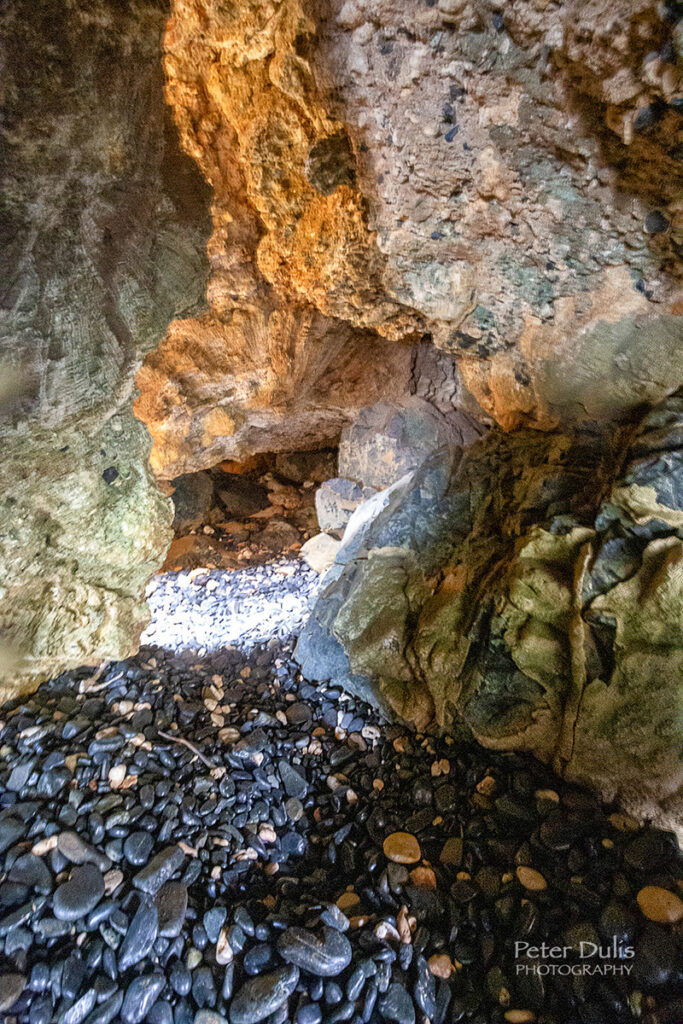
Blackstone Beach – A Hidden Gems of Aruba
Aruba’s northern coast is rocky and mostly formed by corral plateaus. Blackstone Beach is the only beach in Aruba made up of black sand and smoothened black volcanic stones. We crawled in & out of caves to capture some of these amazing photos :). This photo was taken with a 16-35mm lens; in AV mode; at f/11 with a ISO setting of 100.
Aruba is famous for its excellent wreck diving catering to divers of all levels. The water is so clear so you can clearly see sunken vessels ranging from tugboats to cargo ships, and even plane fuselages. We took a catamaran cruise to see the Antilia – the Caribbean’s largest ship wreck and one of Aruba’s most popular dive sites. My wife took these photos with our underwater camera, while I held my breath to snorkel down deep. This photo was taken with my Canon Powershot D30 water camera; in auto mode; at f/3.9 with a ISO setting of 100.
Swim with the famous flamingos on Renaissance Island, a privately-owned island by Renaissance Aruba Resort in Oranjestad. The flamingos, all 6 of them, live on the Island, and are as tame as can be. The island itself is a totally sheltered little pocket of paradise. A must visit when in Aruba 🙂 The photos of the flamingoes are a bit tricky to take. They don’t seem to want to cooperate in posing for the photos . To get the flock to all keep their heads up, instead of down in the water scrounging around for food – I had to get creative. I took my underwater camera, and approached them at water level – they didn’t know what to make of me – so up popped all their heads and I got the nice water level shot I wanted with heads up. This photo was taken with my Canon Powershot D30 water camera; in auto mode; at f/9 with a ISO setting of 500.
The sunset is a wonderful opportunity for us to appreciate all of the great things that God gives us each and every day. This photo was taken with a 24-105 lens; in TV mode; at f/22 with a ISO setting of 100, 1/126 sec.
Welcome to MooMba Beach – love this place! You can sit beneath two giant palapas and sip your cocktail, while overlooking the ocean. This laid-back beach has great live music while you watch spectacular sunset colours. This photo was taken with a 16-35 lens; in AV mode; at f/22 with a ISO setting of 800, 1/40 sec.
Found this crab with hundreds of others by the rocks of the Renaissance marina. They are nocturnal, to prevent the hot sun from drying them out. This photo was taken with a 70-200mm lens; in AV mode; 1/160 sec, f/11 with a ISO setting of 10000.
Never go too long without watching a sunset. This photo was taken with a 16-35mm lens; in AV mode; 1/80 sec, f/11 with a ISO setting of 100.
ABOUT THE AUTHOR
Peter Dulis is a regular contributor to PhotoNews and is a Canadian landscape photographer, travel enthusiast and visual storyteller. Peter has published numerous articles on many destinations around the world as has been hailed by TripAdvisor as “Top Photographer” having visited over 90 Cities. Peter shares many of his tips & techniques on his website – PhotographyAdventures.ca.



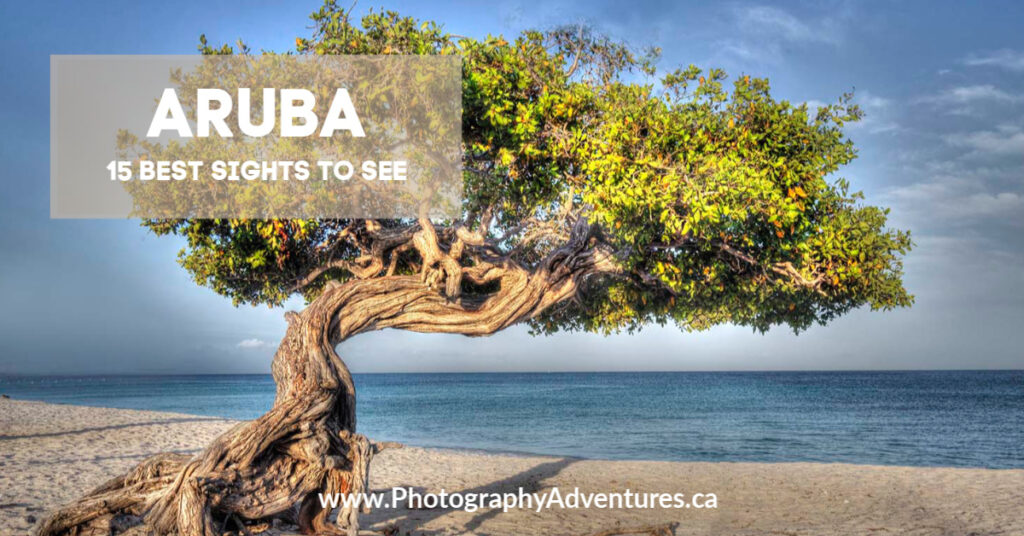
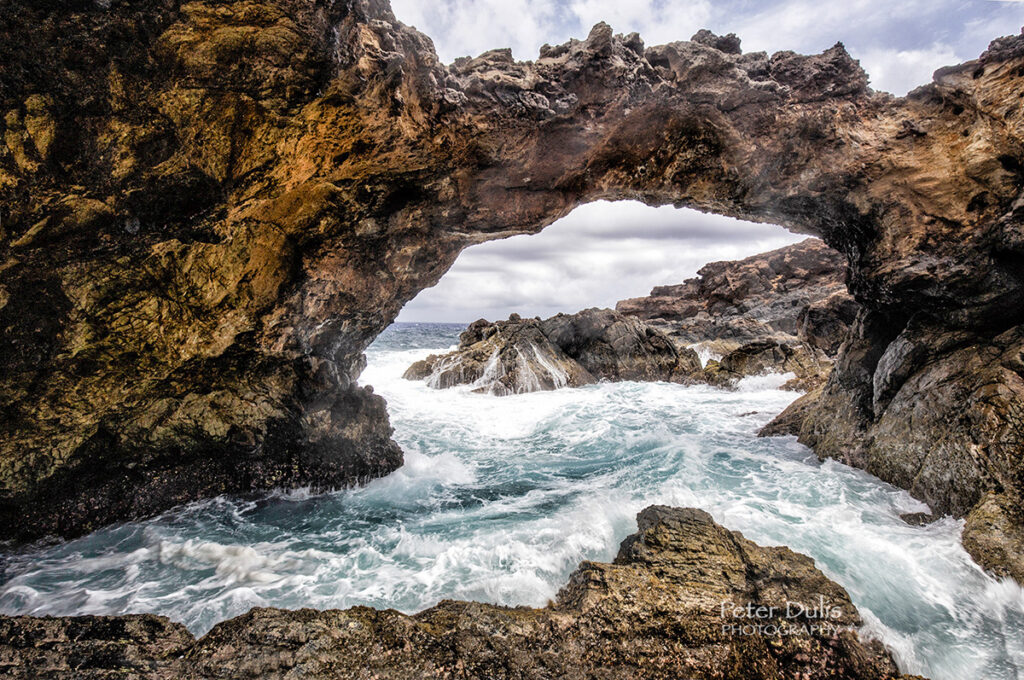
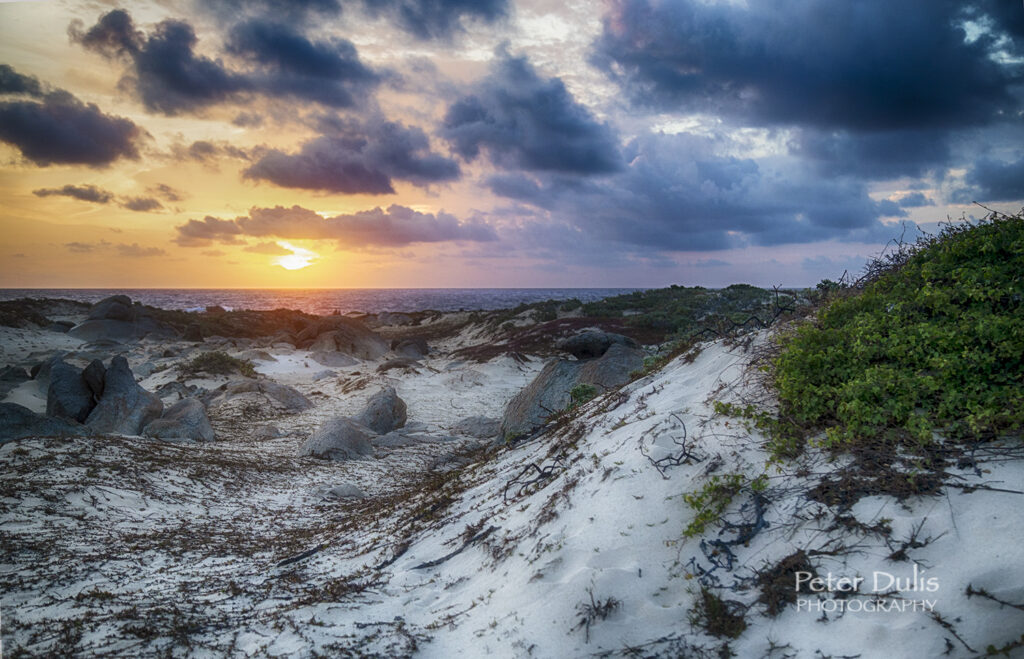
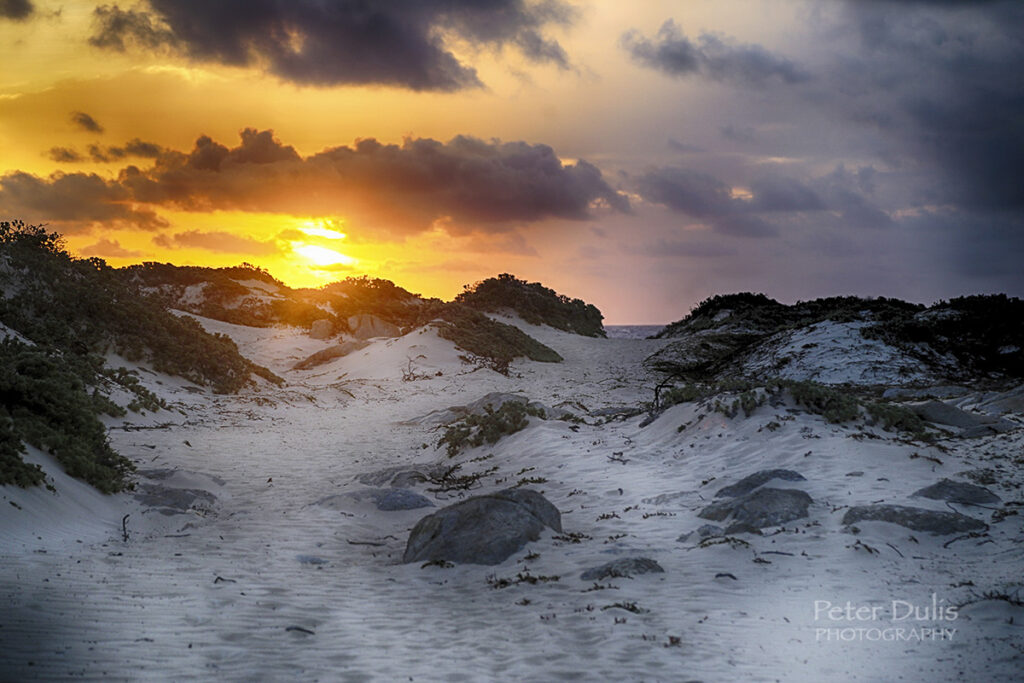
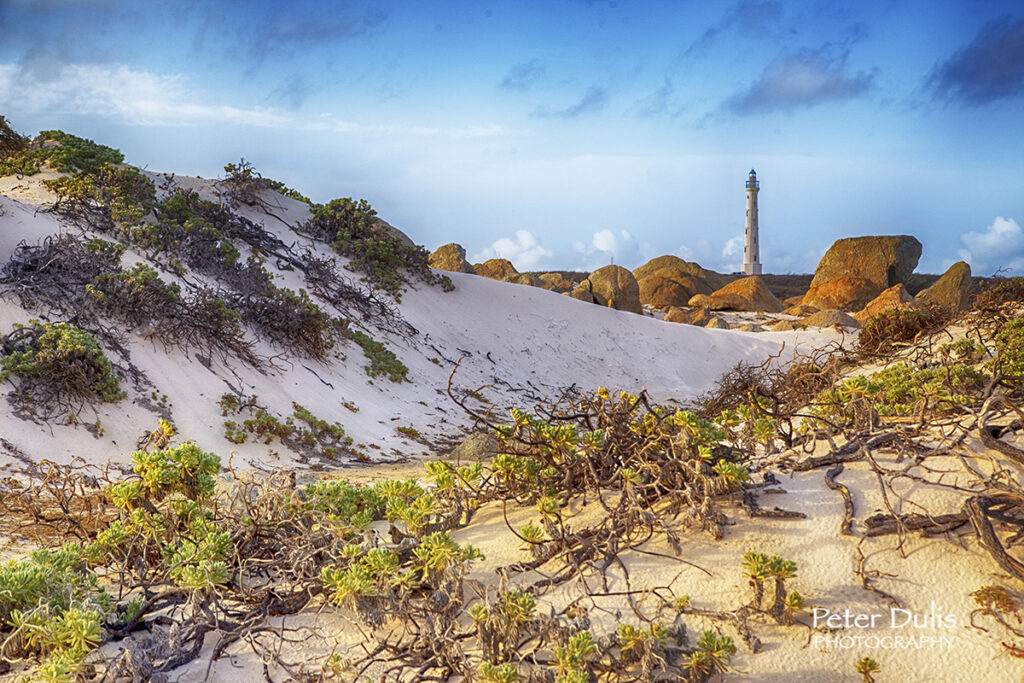
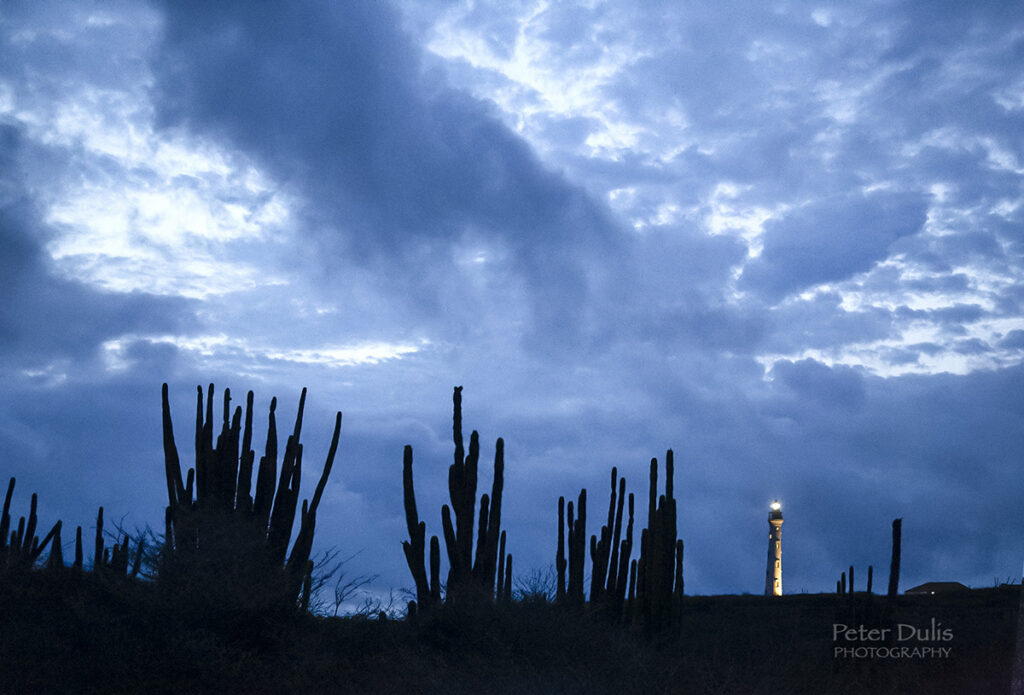
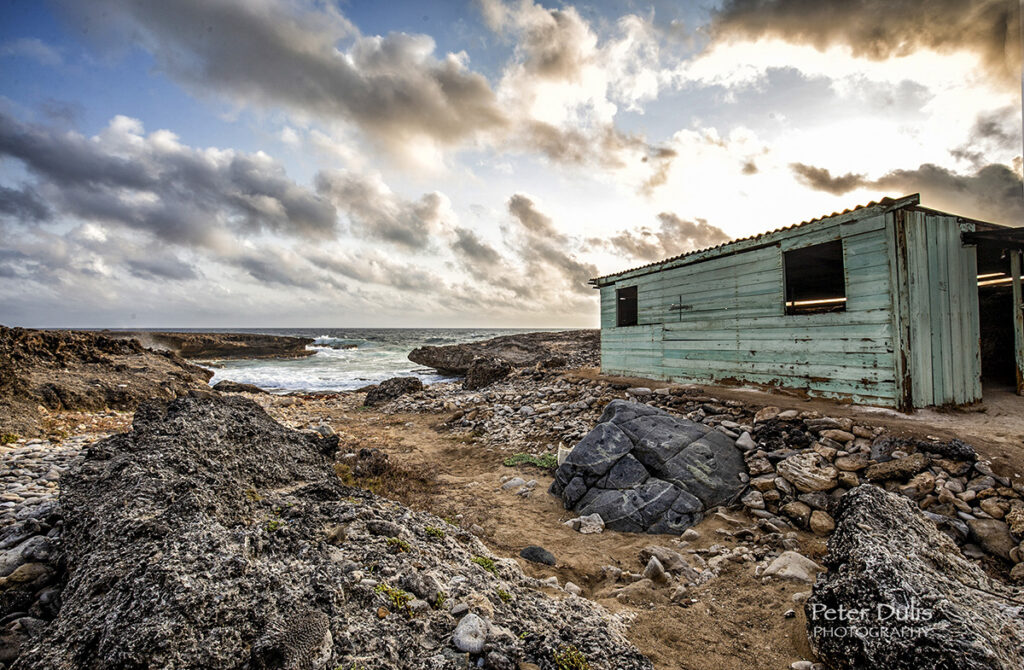
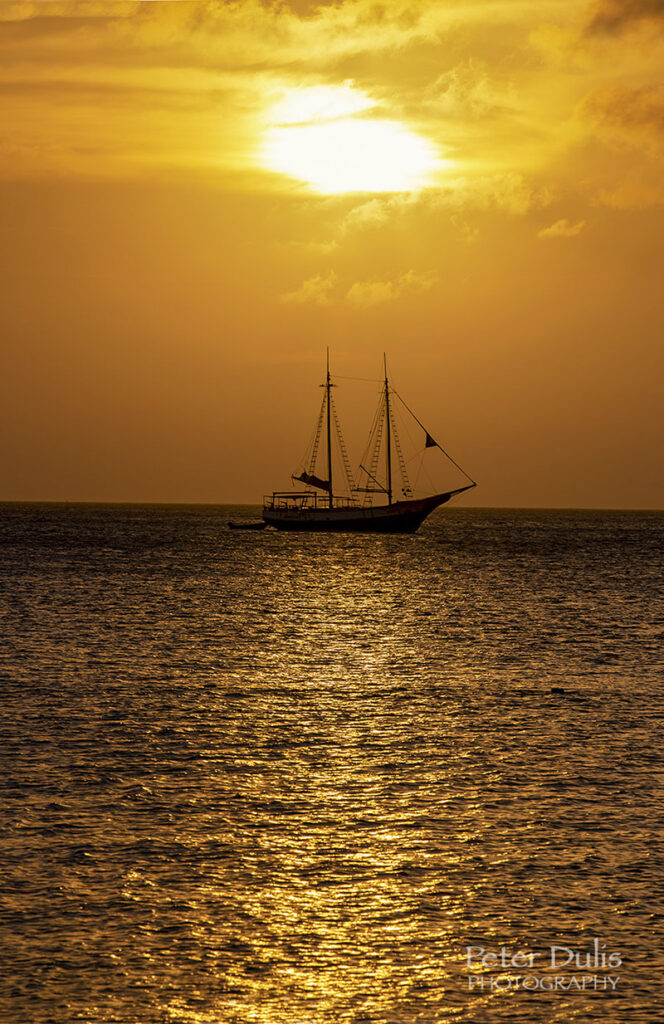
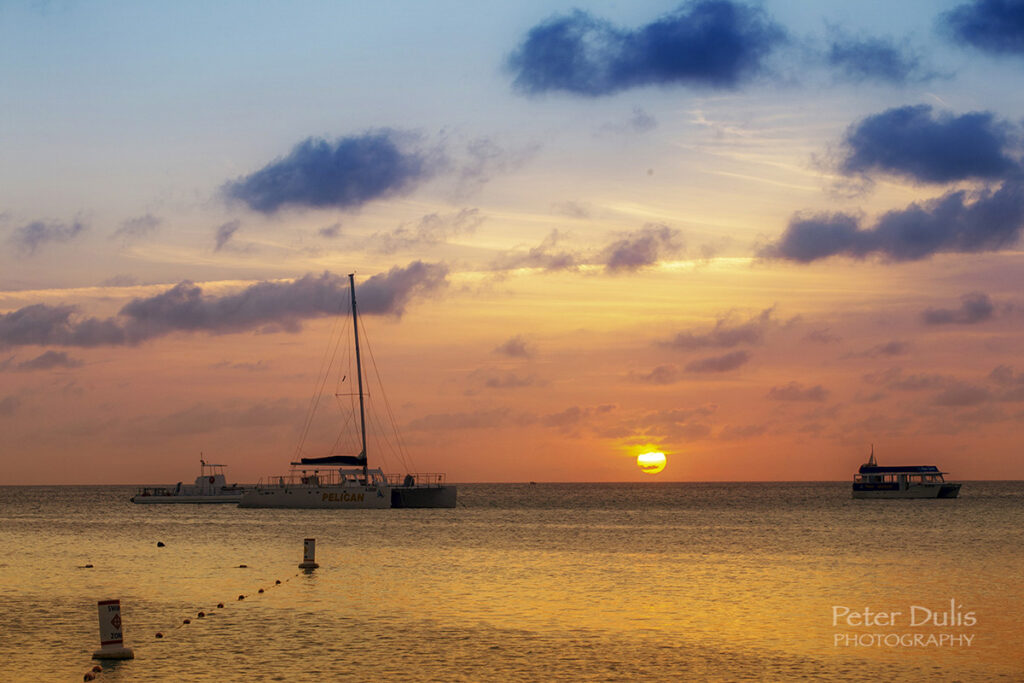
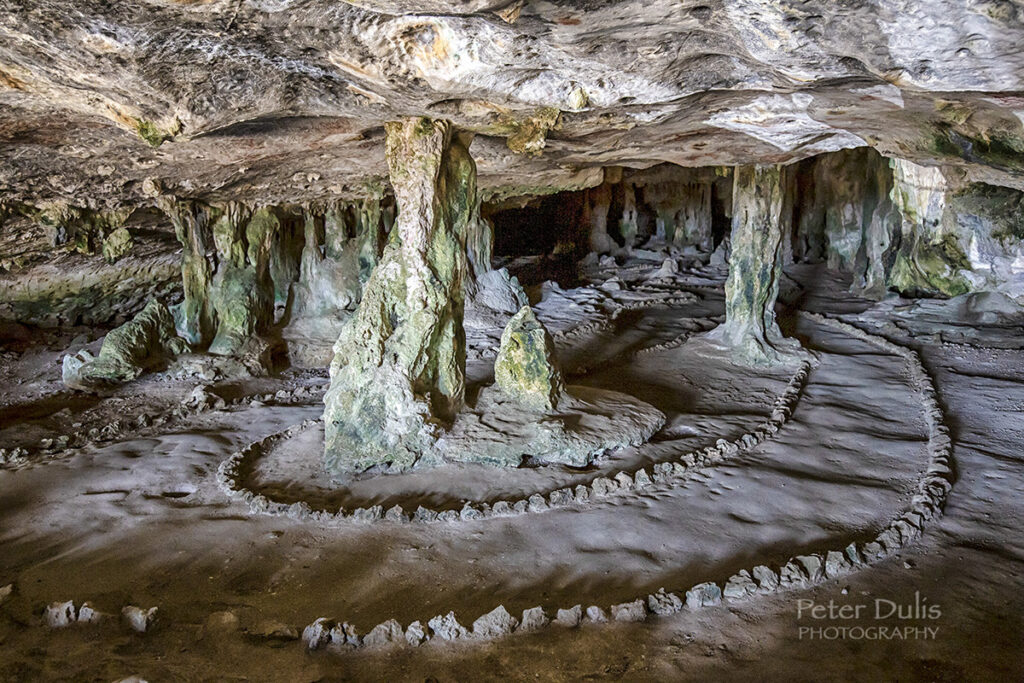
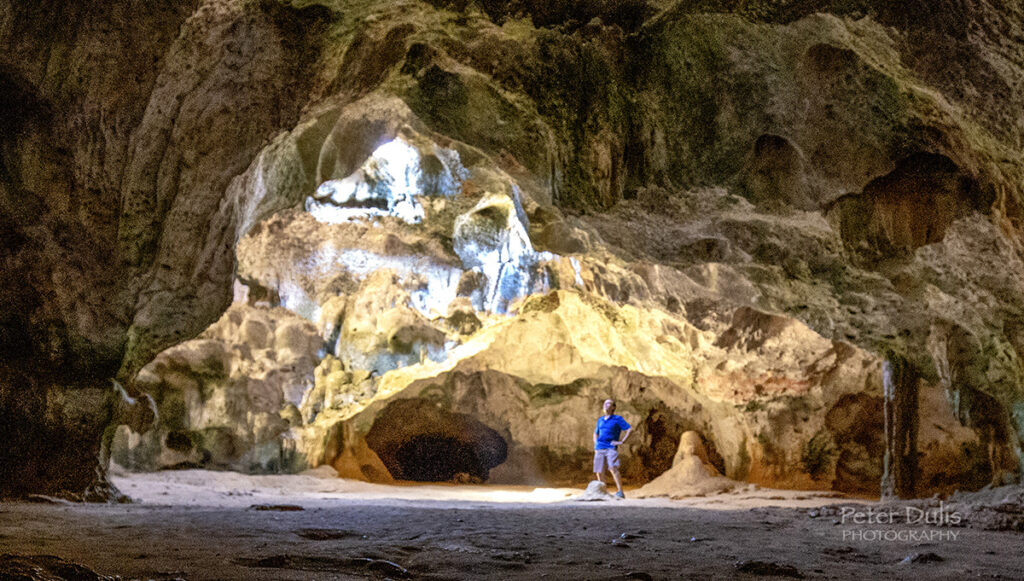
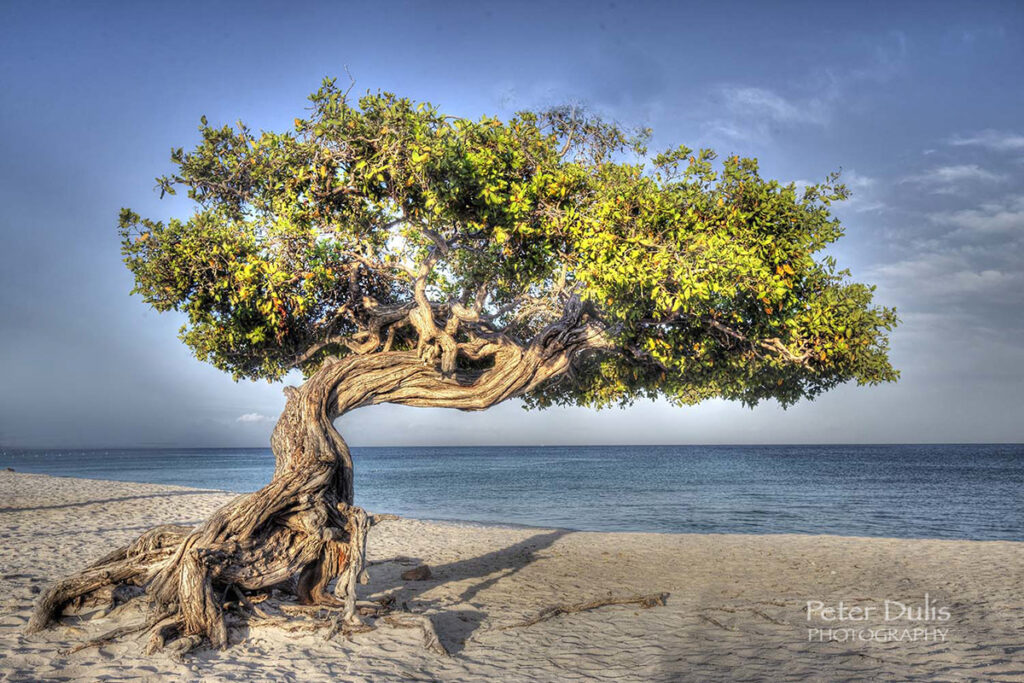
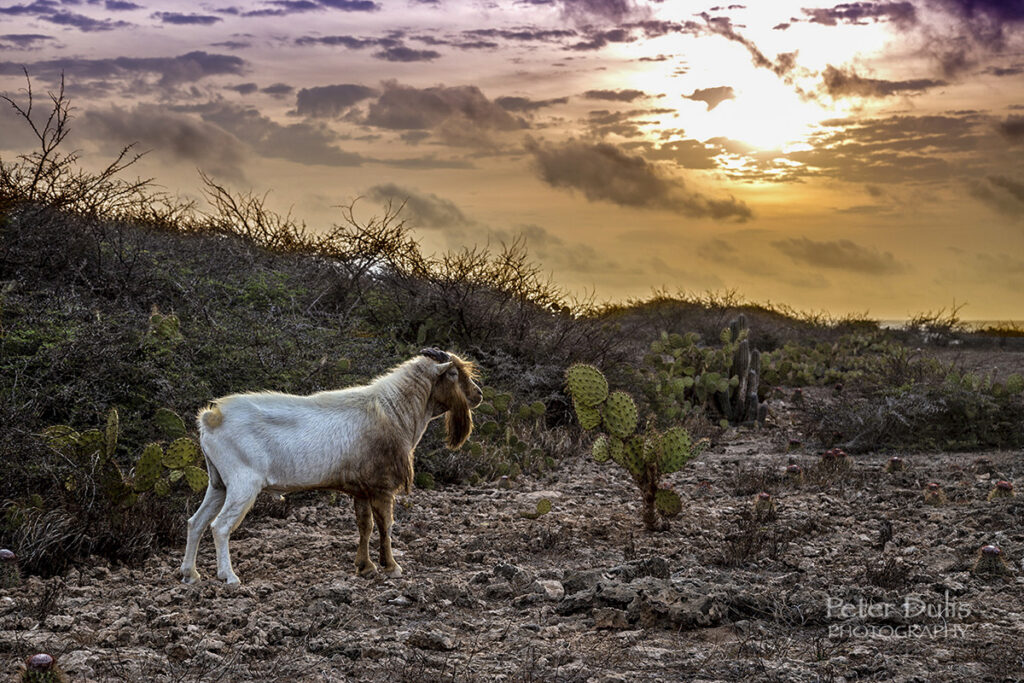
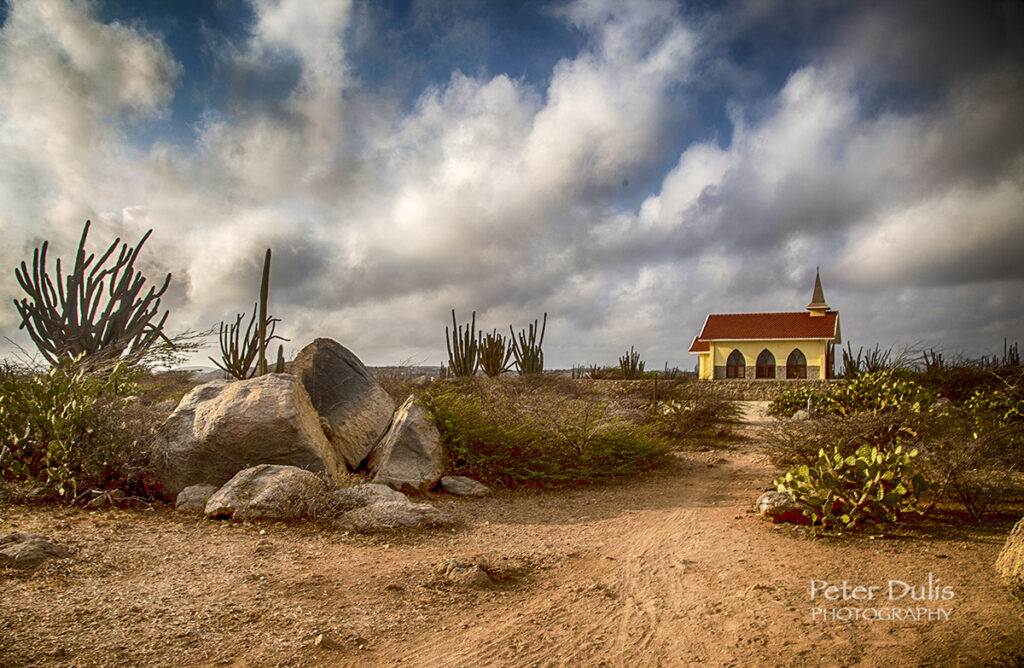
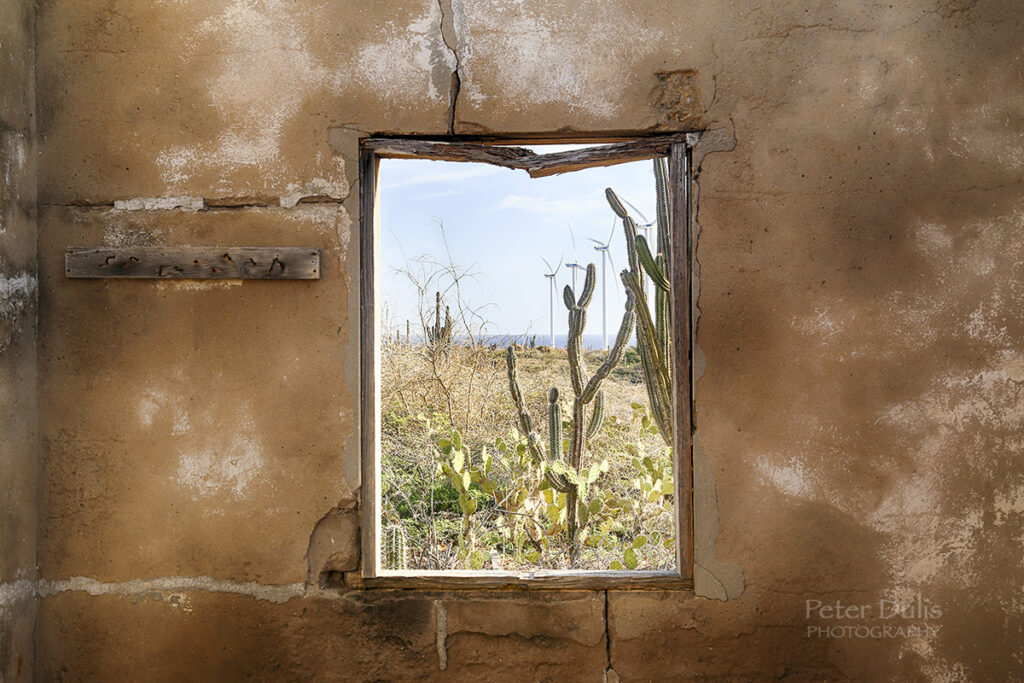
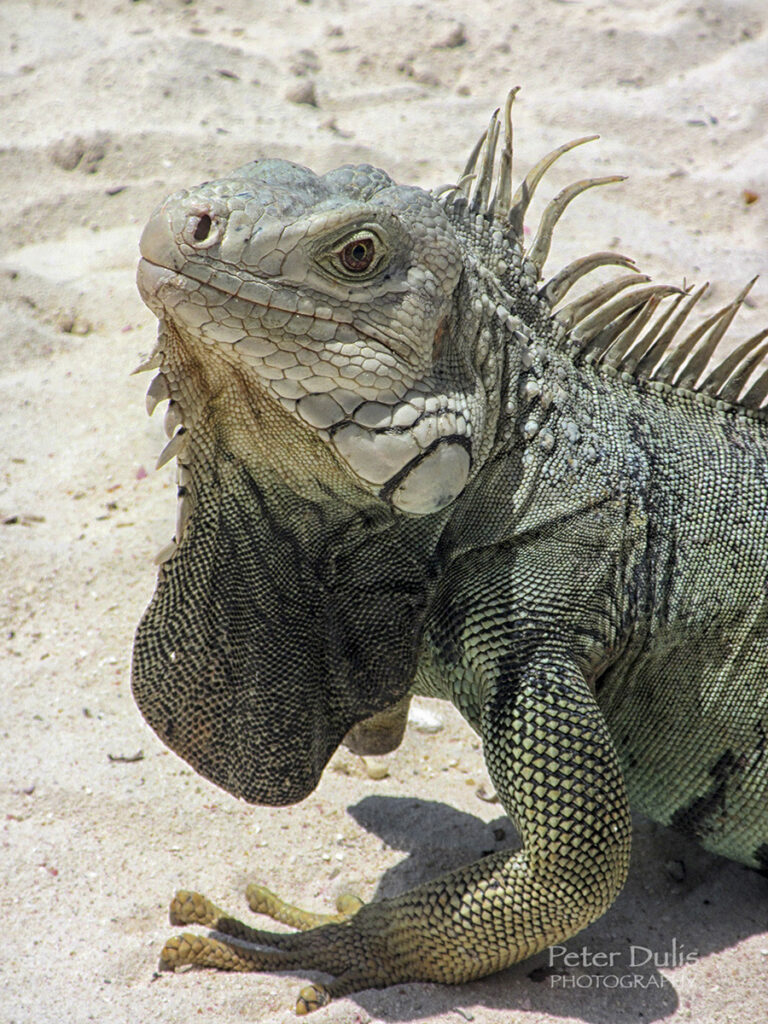
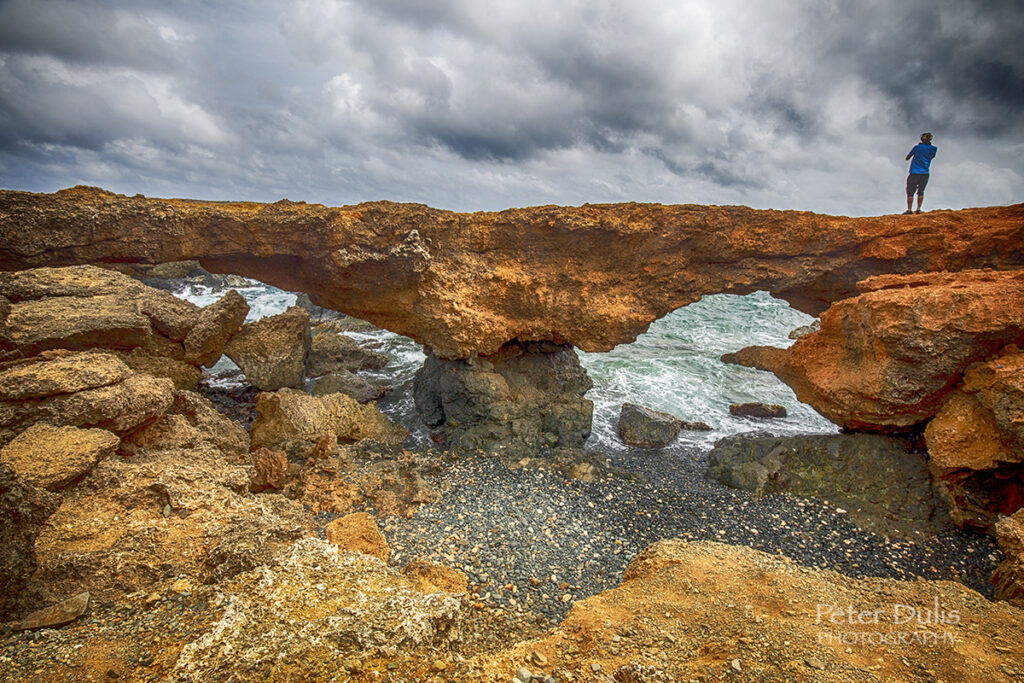
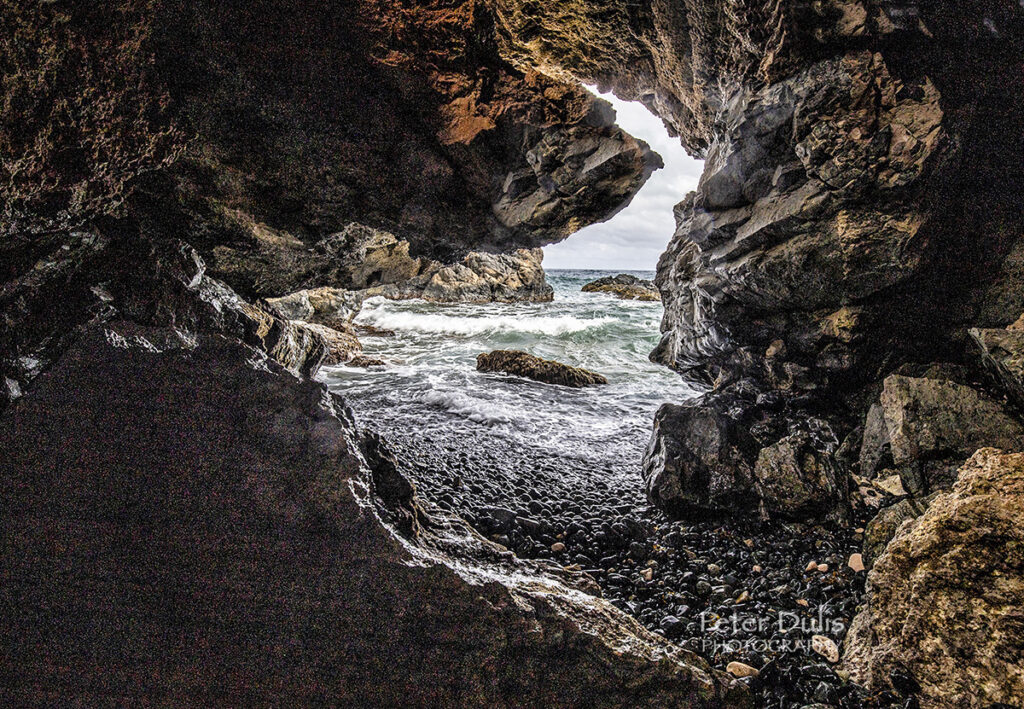
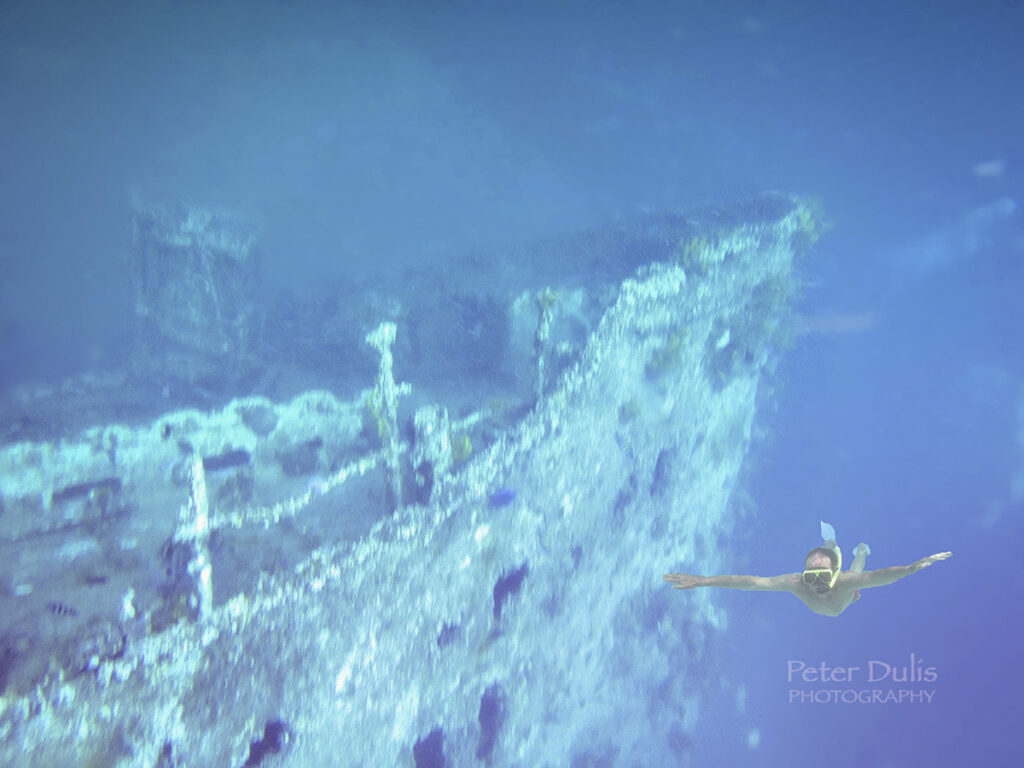
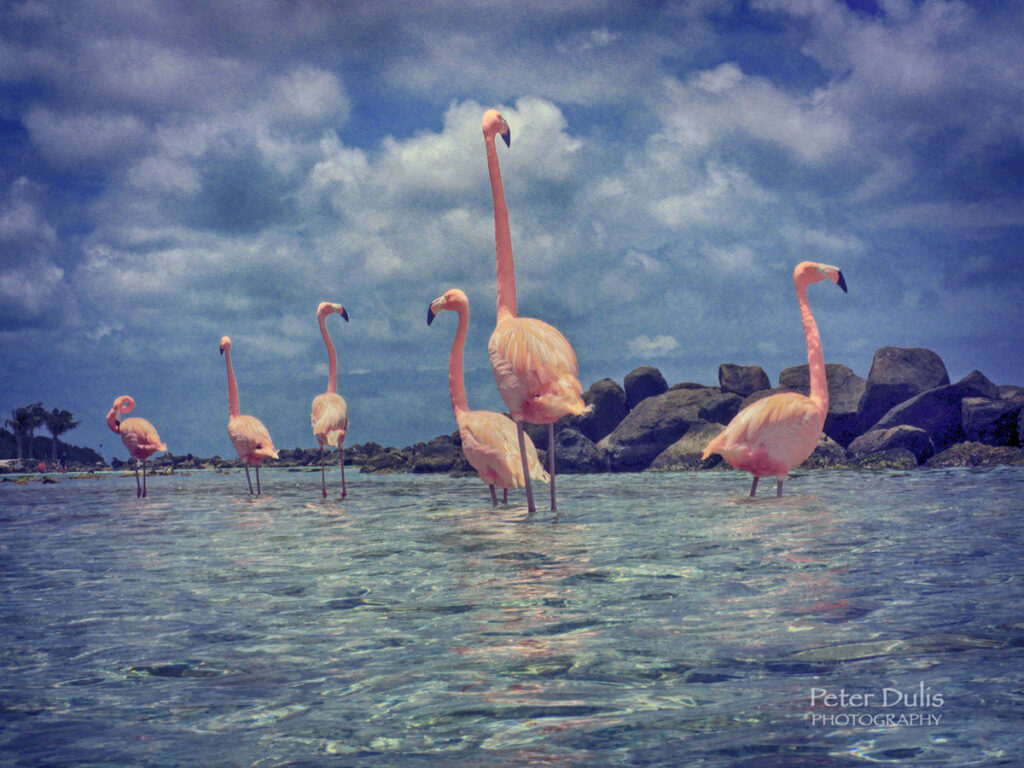
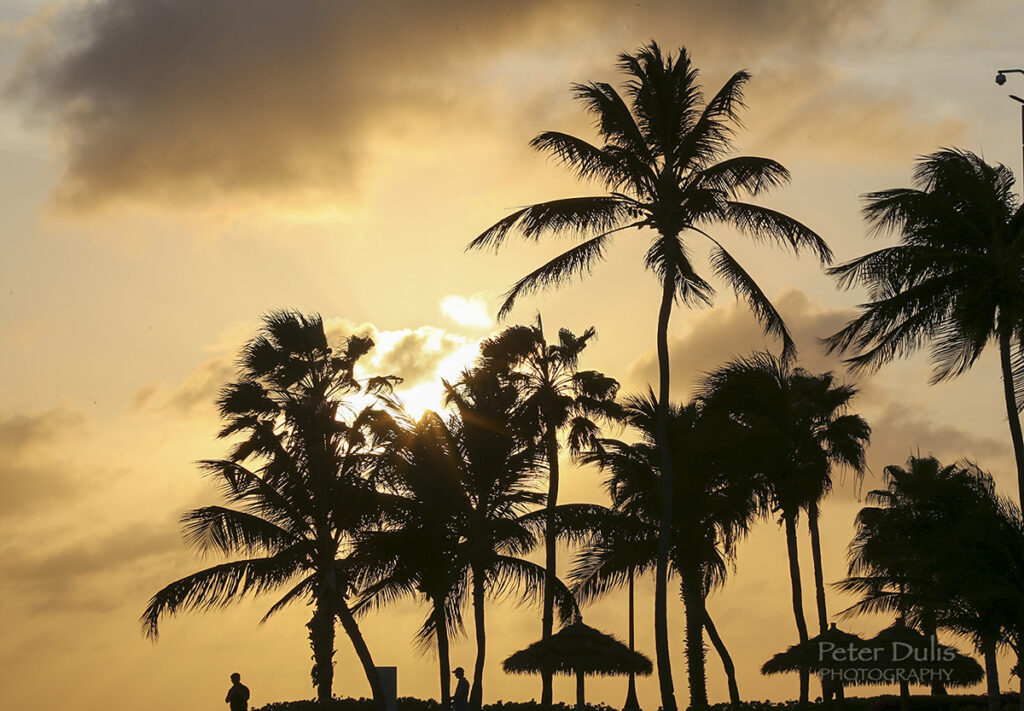
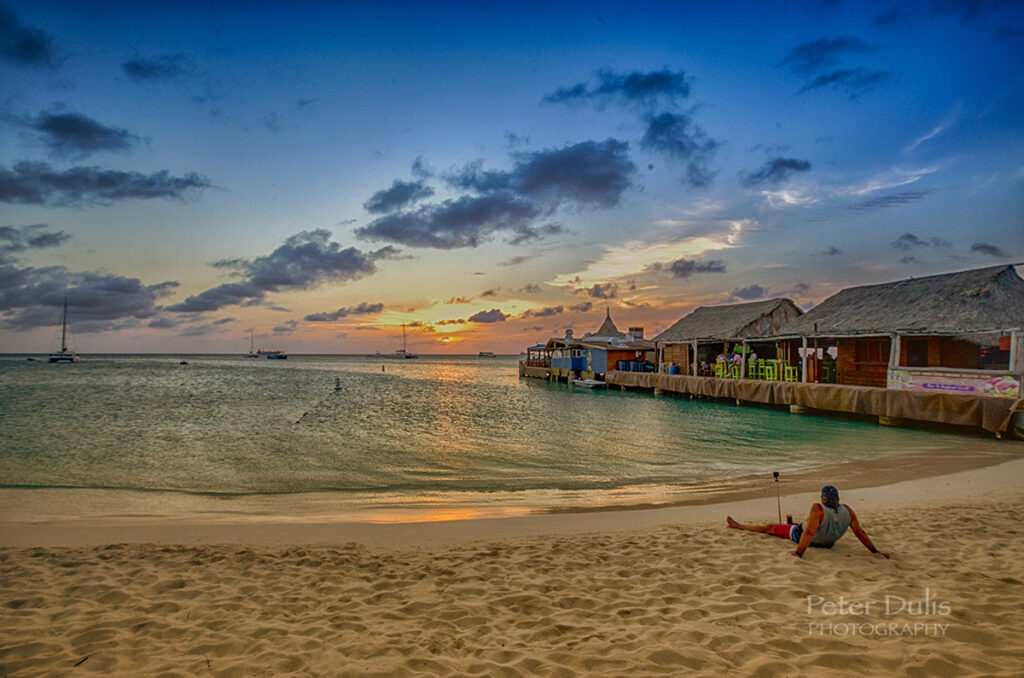
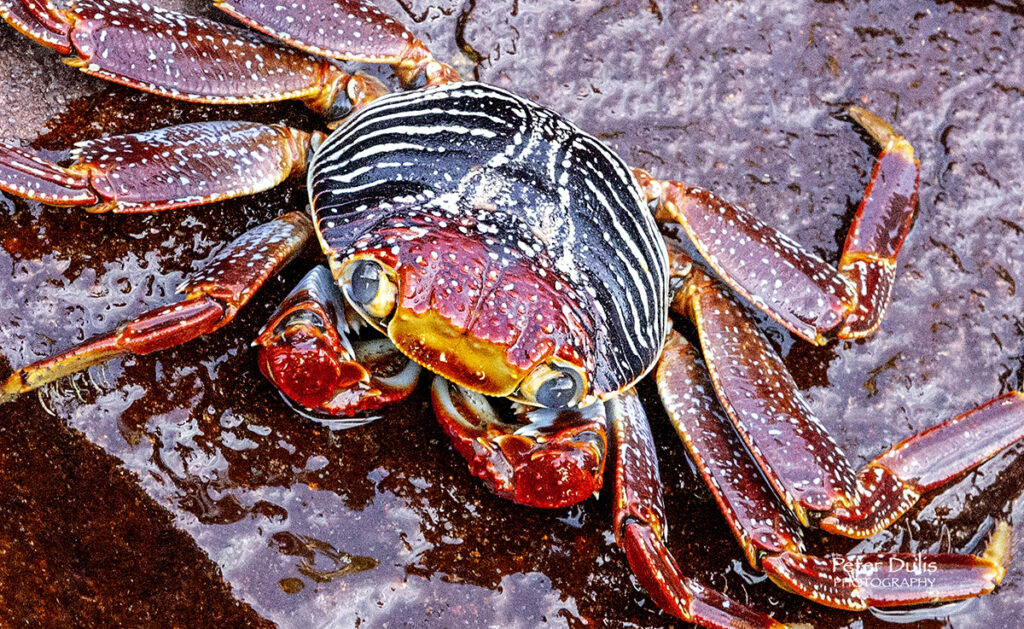
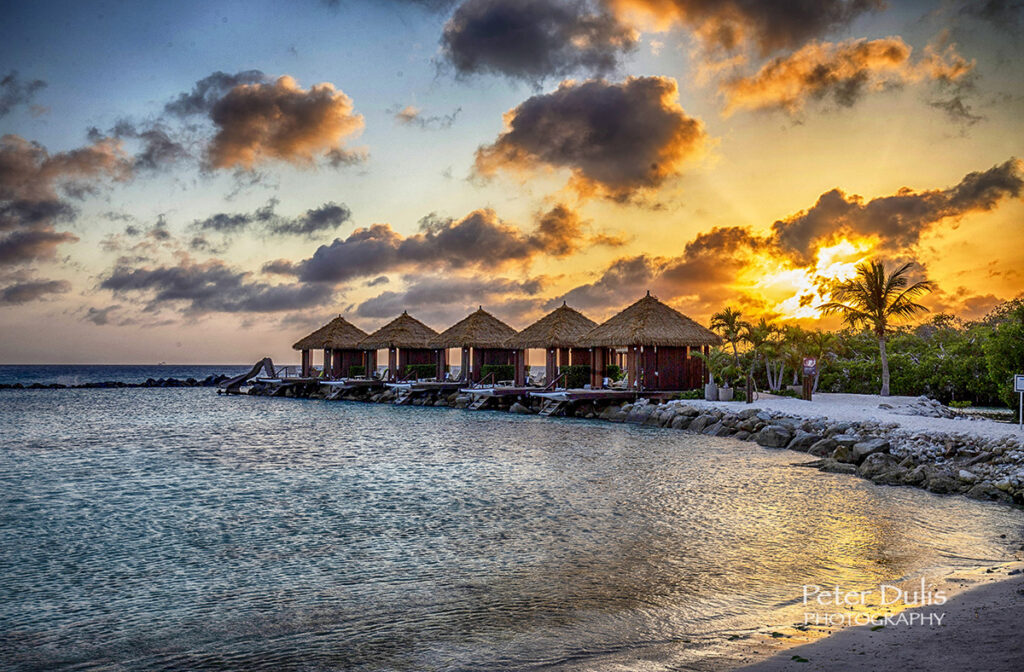






Peter great shots and tidbits of the island. We look forward to visiting the island in 3 weeks and enjoy some of the spots you shared. Great picture wIth the wreck.
Peace Bill
Thanks Bill for the kind words – I’m sure you’ll have the time of your life on this fabulous island